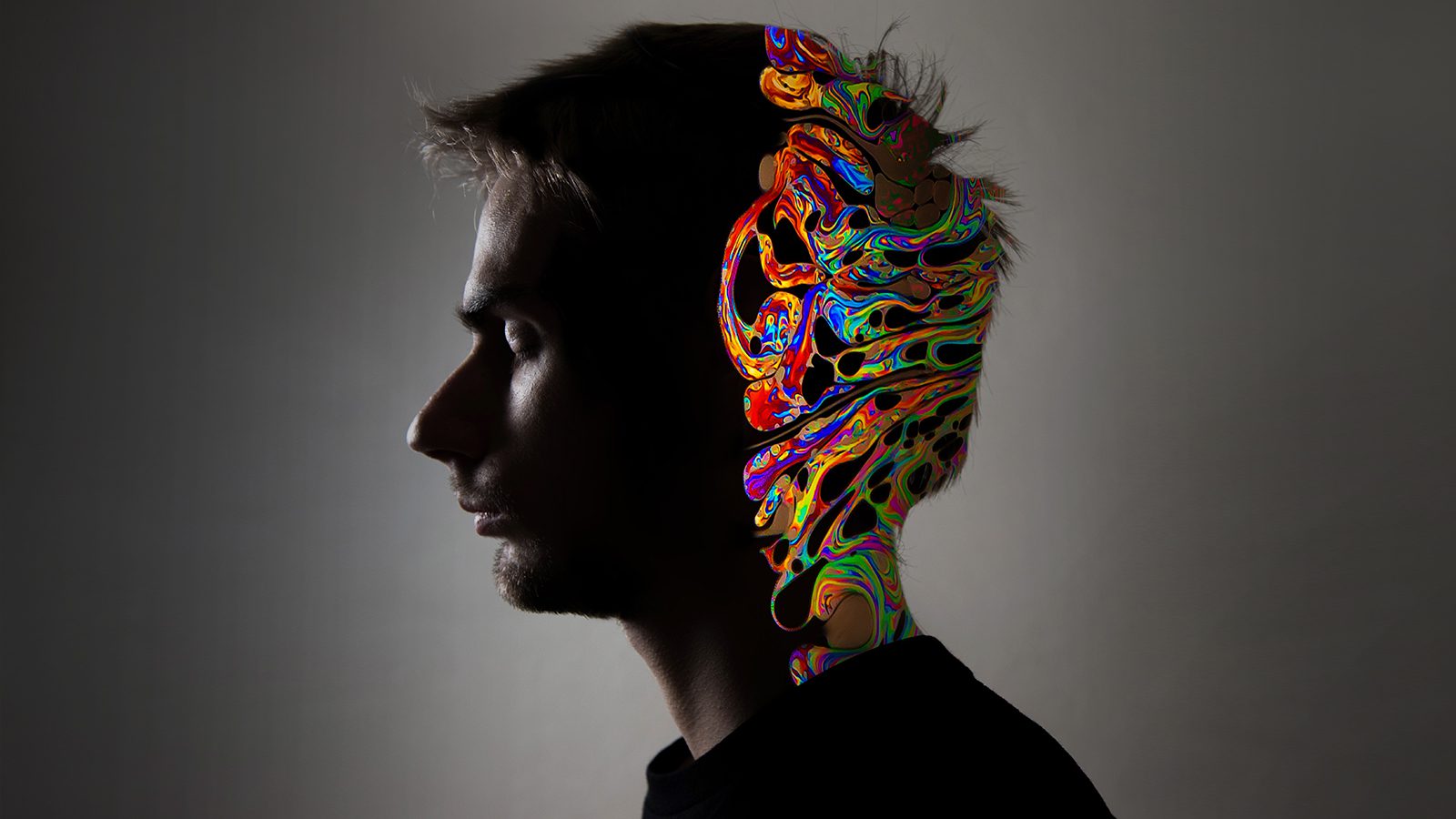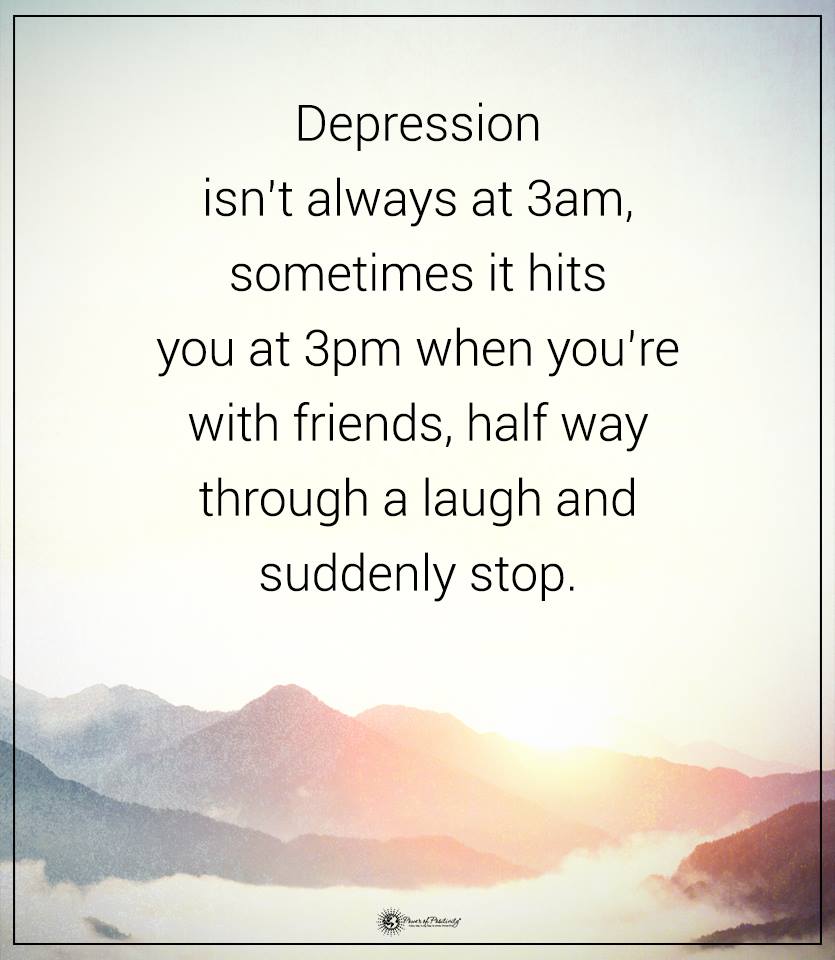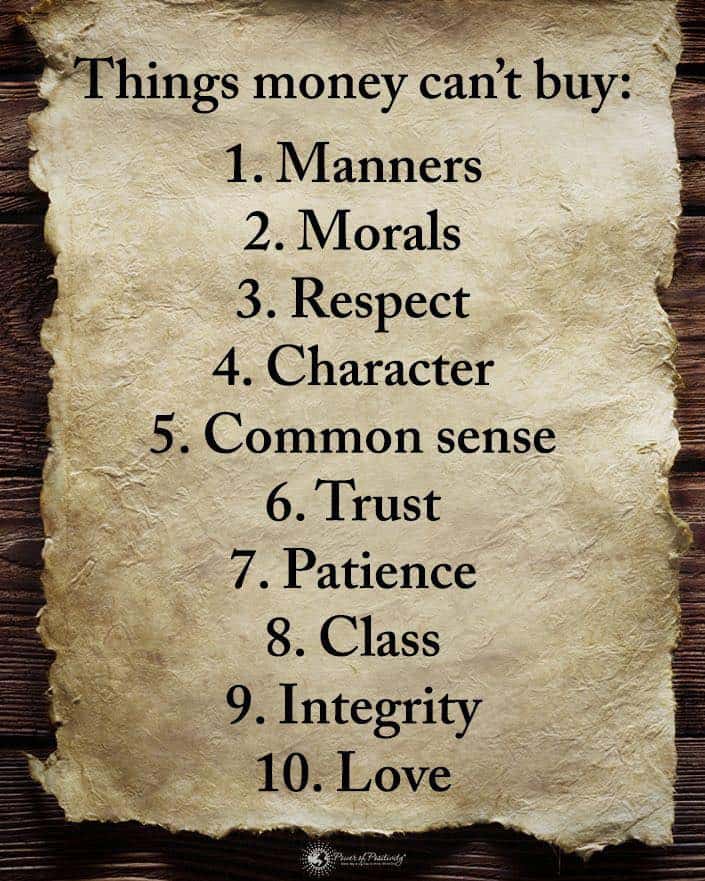Mounting evidence reveals that psychedelics such as psilocybin can effectively reduce the symptoms of depression. While people respond differently to treatments, many have found relief with “magic mushrooms.”
About 30% of people have treatment-resistant depression, meaning psychiatric medications don’t work for them. In that case, they may turn to a natural antidepressant-like psychedelics to alleviate symptoms. Experts believe that biological differences cause people to respond differently to treatments.
Plus, antidepressants can take several months to work, and some patients don’t want to wait that long. Treatment-resistant depression can cause debilitating symptoms, so scientists have ramped up efforts to find solutions. Some believe that making psychedelics available for therapeutic uses could transform depression treatments.
What Is Psilocybin?
Previously, several clinical trials found that psilocybin, in particular, can offer rapid relief for depression. A study found that it can also alleviate anxiety and depression that occur as a result of cancer. However, until recently, scientists didn’t know precisely how psilocybin acts on the brain to reduce depression.
Psilocybin comes from mushrooms belonging to the genuses Psilocybe, Panaeolus, and Copelandia. These psychedelics interact with serotonin receptors in the brain, causing altered states of consciousness.
Prior studies have used functional MRI scans and found that psilocybin reduces activity in the medial prefrontal cortex. This brain region governs several cognitive functions, such as attention, habits, memory, and inhibition. Psychedelics can reduce connections between this region and the posterior cingulate cortex. This area of the brain aids in regulating emotions and memory.
Usually, the brain maintains an active connection between these two regions, called a default mode network. This network becomes active during periods of rest or passive moments. For instance, focusing on internal mental states, recalling the past, or planning the future activates this process. Our brains default to this state when we’re not engaged in externally oriented tasks.
How Psychedelics Can Reduce Depression and Negative Thinking
Scientists believe that reducing activity in this network removes the separation between the internal self and the external world. Many people who have taken psychedelics report feeling more open and receptive to the world around them. They become more aware of their connection to others, and some even feel more loving.
Furthermore, studies show that rumination causes increased activity in the default mode network. This makes people less interested in the surrounding world and more focused on their internal self. Since depressed patients often ruminate on the past or self-perceived flaws, psychedelics may offer relief in this regard.
Now, groundbreaking research published in The New England Journal of Medicine reveals how psilocybin reduces depression. A double-blind, randomized controlled trial compared two groups of people with depression. The first group took psilocybin, and the other patients took escitalopram, an antidepressant.
A Separate Study on the Impact of Psychedelics on Depression
A separate study published in the Nature Portfolio journal Scientific Reports analyzed these findings. Researchers performed fMRI brain scans on participants and compared these results with fMRI scans from a previous clinical trial.
The findings showed powerful psychological effects just one day after patients took their first dose of psilocybin. fMRI scans revealed a marked increase in connectivity between various regions in the brain. In people with major depression, these networks usually have decreased activity.
Patients had reduced activity in the default mode network but increased connectivity between this region and other networks. This supports previous findings as well.
Some patients had greater connectivity than others, likely due to biological differences. However, studies found that people who showed the most significant increase in connectivity still had improved symptoms after six months.
After six weeks of treatment, the group who took antidepressants had no connectivity changes between brain networks. Researchers suggested that escitalopram might take longer to start working in the brain. However, for people who have treatment-resistant depression, psychedelics can offer nearly instant relief.
The Future of Psychedelics in Treating Depression
The study authors have a theory on why psilocybin had a more pronounced effect on depression. They propose that psychedelics have a more concentrated impact on serotonergic 5-HT2A receptors than antidepressants. These receptors become activated by serotonin in various brain regions, including the default brain network.
Since research already shows that psychedelics bind to serotonin receptors in the brain, this is no surprise. However, researchers still aren’t sure how this activation causes network connectivity changes.
So, whether successful depression treatment depends on connectivity changes between brain networks is unknown. Since some people taking antidepressants show improvements without these brain changes, it creates more questions than answers. The study found that both groups had improved symptoms six weeks after treatment.
However, the findings revealed that the group taking psilocybin had a better response to treatment. 70% of this group showed reduced depression compared to 48% taking escitalopram. Furthermore, 57% of patients taking psychedelics showed improvements after six weeks compared to just 28% of the other group. However, some patients didn’t respond to the psilocybin or relapsed a few weeks after the study period.
This proves that treating depression doesn’t have a universal answer. It depends heavily on biological and environmental factors, making it crucial for patients to access various treatments.
The future of depression treatments involving psychedelics is unclear at this point. However, the studies above provide hope for patients with treatment-resistant depression. Perhaps in the future, psychedelics like psilocybin will be used to treat other conditions, like anxiety or PTSD.
Final Thoughts on Using Psychedelics to Alleviate Depression
While studies have previously shown that psychedelics can improve mental health, researchers didn’t know how until recently. They have revealed that psychedelics reduce activity in the default mode network in the brain. This region of the brain becomes active during rumination or internal reflection.
In a clinical trial, researchers showed that patients had increased connectivity between this part of the brain and other regions. Psilocybin “switched off” areas of the brain that focus on repetitive negative thinking. It also enhanced activity in all brain regions, making people more open and receptive to external situations.
The future of mental health treatments involving psychedelics looks promising, especially for those who don’t respond to conventional therapies.
















 Community
Community

